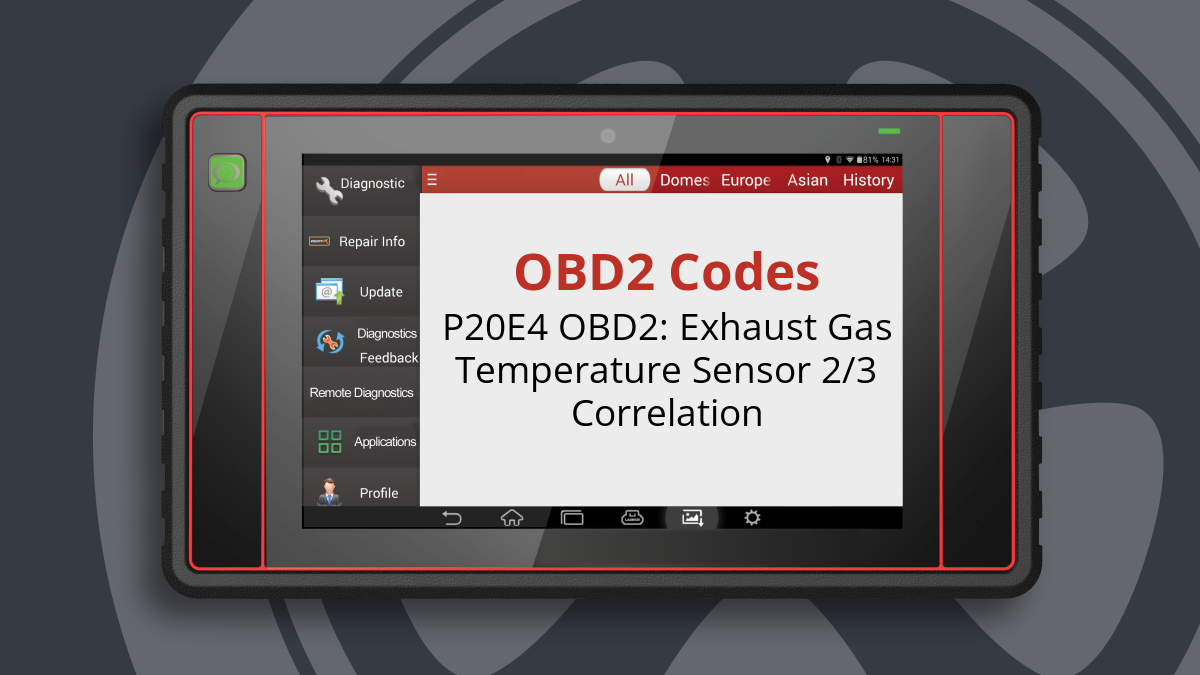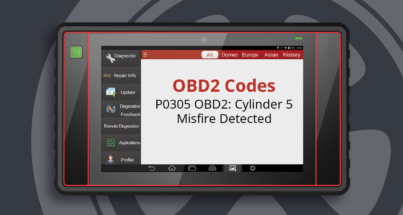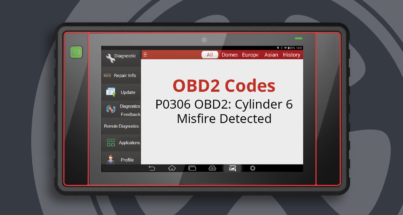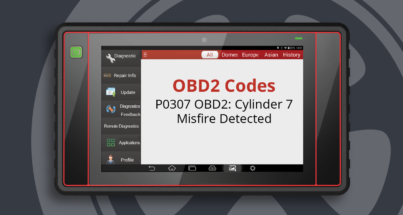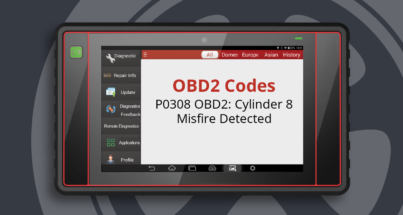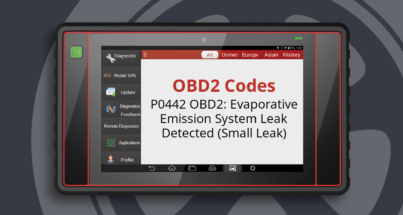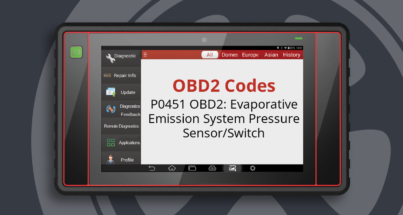What Does the P20E4 Code Mean?
The P20E4 code is an OBD-II diagnostic trouble code that indicates a correlation issue between the Exhaust Gas Temperature (EGT) Sensor 2 and Sensor 3. This code is primarily associated with the vehicle’s emissions system, particularly the Selective Catalytic Reduction (SCR) system.
What Causes the P20E4 Code?
Several factors can trigger the P20E4 code, including:
- Exhaust Gas Temperature (EGT) sensor failure
- Powertrain Control Module (PCM) failure
- Wiring issues affecting the EGT sensors
What Are the Symptoms of the P20E4 Code?
Common symptoms associated with the P20E4 code may include:
- Check Engine Light illuminated
- Increased emissions
- Reduced engine performance
- Potential issues with engine temperature management
How Serious Is the P20E4 Code?
The P20E4 code is classified as a moderate severity issue. While it may not pose an immediate threat to the vehicle’s safety or functionality, it is crucial to address it in a timely manner to avoid potential long-term damage.
How to Diagnose the P20E4 Code
Diagnosing the P20E4 code involves several steps, including:
- Using an OBD-II scanner to confirm the presence of the code.
- Inspecting the wiring and connectors associated with the EGT sensors for signs of damage or corrosion.
- Testing the EGT sensors to ensure they are functioning properly.
- Checking the PCM for faults or updates.
Common Repairs for the P20E4 Code
Typical repairs for the P20E4 code may include:
- Replacing a faulty Exhaust Gas Temperature sensor
- Repairing or replacing damaged wiring or connectors
- Reprogramming or replacing the Powertrain Control Module (PCM)
How Much Does It Cost to Fix the P20E4 Code?
The cost to fix the P20E4 code can vary significantly based on the specific repair needed. On average, repairs can range from $100 to $800, depending on whether sensor replacements or PCM reprogramming is required.
Can I Fix the P20E4 Code Myself?
While some DIY enthusiasts may be able to perform basic inspections and wiring repairs, it is often recommended to consult with a certified mechanic for accurate diagnosis and repairs, especially when it involves the PCM or EGT sensors.


